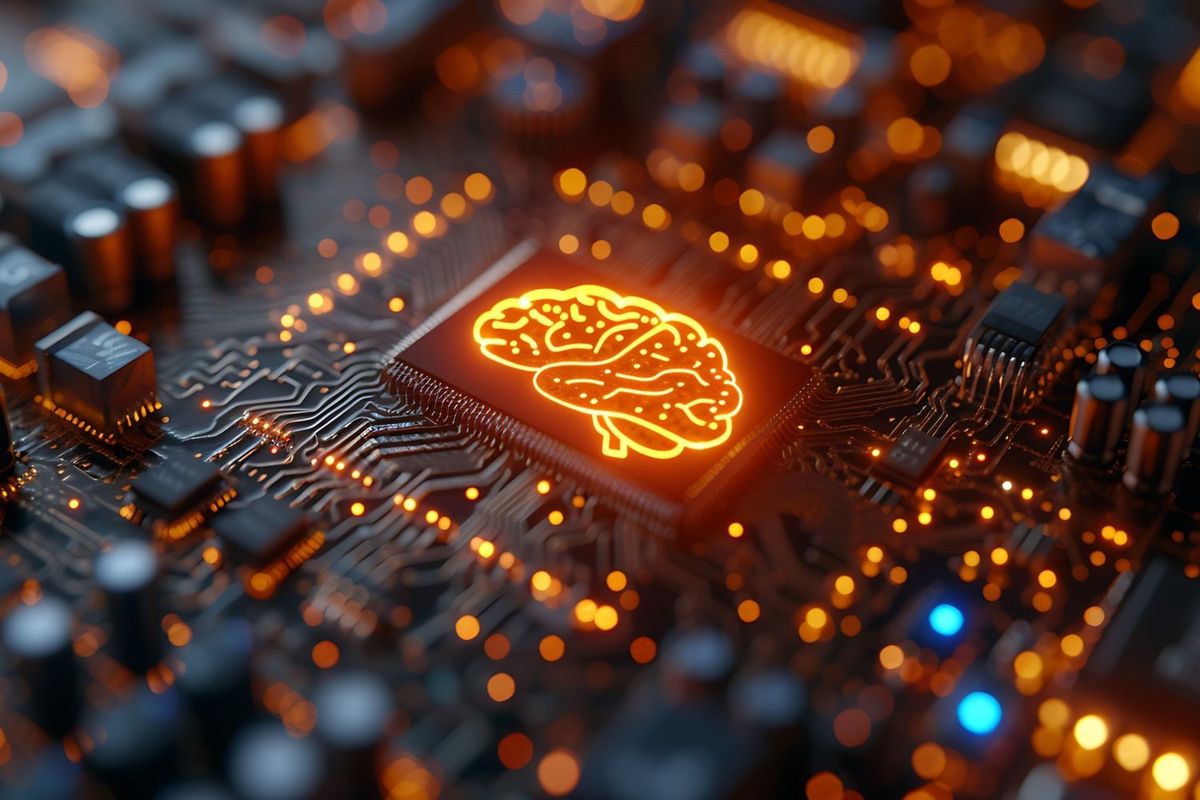Central Banks Need to “Raise Their Game” as AI Gains Steam, BIS Says
Artificial intelligence is becoming increasingly integrated in diverse sectors, and the BIS believes central banks need to become better observers and users of this technology.

Central banks must “raise their game” by enhancing artificial intelligence (AI) integration as they discharge their duties, according to a recent report published by the Bank of International Settlements (BIS).
The organization's annual report emphasizes that central banks need to proactively adapt to progressing AI technologies to effectively fulfill their mandate of maintaining price and financial stability.
According to the BIS, AI's integration into various sectors is set to influence central banks in two primary ways.
Firstly, AI will affect central banks' core responsibilities related to economic stewardship. For example, the BIS notes that AI is impacting financial systems, as well as various markets, from productivity and consumption to investment and labor; these in turn affect price and financial stability, both of which are key areas of focus for central banks.
There are also implications for inflation — firms that use AI may be able to adjust prices more quickly on the back of macro changes. "These developments are therefore of paramount concern to central banks," the BIS explains.
Secondly, the report states that AI will change how central banks operate via its impact on the financial system.
This is because financial institutions, including commercial banks, are increasingly utilizing AI tools for various functions, such as risk management, fraud detection and customer service enhancements.
"Overall, the rapid and widespread adoption of AI implies that there is an urgent need for central banks to raise their game. To address the new challenges, central banks need to upgrade their capabilities both as informed observers of the effects of technological advancements as well as users of the technology itself," explains the BIS.
BIS calls for AI collaboration among central banks
Some central banks have already begun integrating AI into their operations in the past few years.
For instance, the European Central Bank implemented the Athena project in 2023. It uses AI to assist banking supervisors in analyzing extensive documentation to detect irregularities.
Additionally, central banks are employing AI to assess climate-related financial risks. The BIS, alongside several central banks, started the experimental Gaia AI project in March to examine corporate disclosures on carbon emissions and other environmental factors, providing a clearer picture of climate-related financial risks.
While recognizing the benefits of AI, the BIS report underscores the need for central banks to remain vigilant in adopting the technology as a fundamental component in the discharge of their duties.
For instance, reliance on AI heightens concerns about cyber attacks, a top worry in the financial industry. Traditional phishing, where attackers steal login credentials by masquerading as reputable entities, is exacerbated by generative AI's ability to create more convincing phishing emails, malware and fake identities.
As such, advancements in AI also expose financial institutions to greater risks of fraud. Furthermore, they introduce new cyber risks, such as prompt injection attacks and data poisoning, which can lead to AI manipulation.
"In sum, there is an urgent need for central banks to collaborate in fostering the development of a community of practice to share knowledge, data, best practices and AI tools," the BIS report concludes.
"In the light of rapid technological change, the exchange of information on policy issues arising from the role of central banks as data producers, users and disseminators is crucial."
Don't forget to follow us @INN_Technology for real-time updates!
Securities Disclosure: I, Giann Liguid, hold no direct investment interest in any company mentioned in this article.



